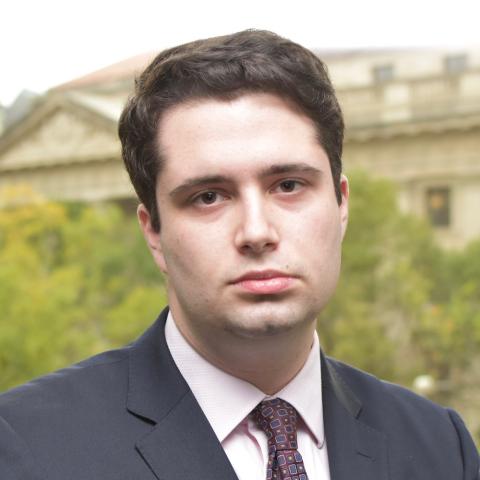Conspiracy thinking is all the rage across the West, Ivan Krastev writes in the New York Times:
An identity based in conspiracy theories subverts the need for self-criticism. It is easier for a citizen to keep his political leaders accountable in the frame of ideology rather than in the fog of conspiratorial thinking. If it were President Vladimir V. Putin who got Mr. Trump elected, then Democrats don’t need to grapple with why Hillary Clinton lost or what may have been less than convincing about her candidacy. And if anti-Trump protesters are paid tools, Republicans are freed of the responsibility to critique the president and can more easily fall in line behind him without addressing the very shortcomings that many Americans are protesting against.
There is no shortage of yammering today about “post-truth” and “fake news.” Yet the fundamental change in democratic politics is that when political identities are based on shared conspiracy theories, people are committed not to finding truth but to revealing secrets. The idea of truth appeals to our common sense. The seductiveness of conspiracy theories is that they appeal to our imaginations. A man can reach the truth on his own, but the secret can be only revealed to him. And for a secret to be compelling, it should be shocking and unexpected.
In mystery novels and crime movies, the obvious suspect is never the guilty party — but in real life it often is. Trusting your own eyes or your personal experience today has become a sign of naïveté. But ignoring personal experience and neglecting the obvious is not only making you ineffective at solving problems but also threatens your freedom of judgment.
Krastev identifies a rise in conspiratorial thinking in Europe as well—the whole article is well worth a read, and it echoes much of what we've written about the frenzied, unhinged mainstream response to President Donald Trump.
Here at Via Meadia, we think tracking anti-Semitism is one of the best ways to cover the rise of conspiracy thinking and the illiberalism it portends. People who think Jews control the interest rates probably don't understand finance and capitalism very well. People who think Jews control the media probably don't understand how ideas spread and why they become popular. People who think Jews control foreign policy probably don't understand geopolitics. When anti-Semitism rises, it means people aren't thinking straight, and for at least a decade, seeing dark Jewish forces behind everyday occurrences has become increasingly common.
It was only a matter of time before the rise of anti-Semitism (on Left and Right, in Europe and the United States) would be accompanied by the proliferation of other conspiracies. Conspiracy thinking weakens open, liberal societies, and it also reflects the deterioration of the old political myths and ideas. Americans—some of them very prominent and influential—who believe Putin and Trump are in cahoots do so because they don't understand how U.S. politics actually works. The mainstream account of what America is and what its people believe has become increasingly divorced from reality—a sign of stunted imaginations and intellects. Misconceptions abound about everything from Israel and American Jews to security and electoral politics. Conspiracy theories are filling the intellectual void. Those of us who care about open society and democratic institutions should be very concerned indeed.
















